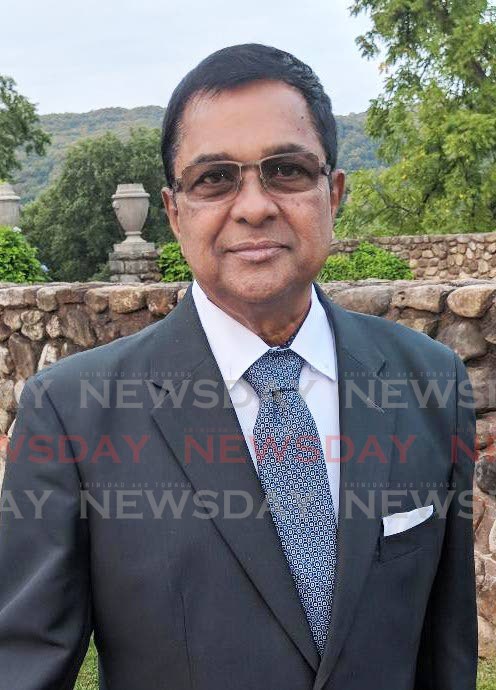The Indian diaspora in need ofpsychological, political stimulus

THE EDITOR: The Indian diaspora was used to enhance British colonialism and imperialism as a deliberate policy in the then British Empire.
East Indian immigrants were forced out of India between 1845 and 1917 to enhance British interests and those of plantation owners wherever they went. This was a continuation of the British domination in all its colonies in Asia, Africa and the Caribbean, and while these immigrants made indelible economic and socio-cultural contributions to their newly-found homes, they were traumatised, scorned, belittled and treated in the most inhumane way.
And while the East Indian diaspora in TT triumphed over the decades, these immigrants did so under great social, economic and political stress. The Indian diaspora has contributed immensely to the development of TT, through the diligence, hard work, thrift and sacrifice made over the past 178 years. Approximately 147,000 East Indians came from such places as Uttar Pradesh and Bihar.
The University of the West Indies and the University of TT should undertake an in-depth study of all the ethnic groups for future reference for scholars, researchers and students of world history. It is fitting that as we celebrate the 178th anniversary since the first group of our forefathers set foot on this land that such an undertaking becomes a reality.
Indian Arrival Day, while being an opportunity for reflection, should become a monumental occasion for all of us, including the other ethnic groups, to promote the concept of national development and nation building to greater heights.
This must be undertaken in a collective and bipartisan effort as all of us are children of Mother TT. Let the true spirit of patriotism flow. It is about time that celebrations to mark Indian Arrival Day take on a new format and a more scientific approach.
We must move away from the traditional Carnival-style parades, whether they are on the roads or the oceans, floats, religious services and grandiose speeches by politicians and others. As all these activities are quickly forgotten. We must seek to etch out a new concept ushering in a psychological, political and philosophical framework for Indian Arrival Day's continued observance for generations to come.
In the preface to the seminar held at the UWI in June 1975, Bridget Brereton and Winston Dookeran, two international scholars in the sciences, wrote:
“The symposium on East Indians in the Caribbean was organised in the awareness that issues are central to the future development of the region. The aim was to provide a forum for research and to bring together these findings in the field. We hope that new perspectives on these issues have emerged from the deliberations of the symposium and that as a result new areas of research have opened up.”
Apparently, there were similar parleys but nothing of substance emerged. There must be regular discussions to focus any aspects of positive growth or otherwise.
Nobel Laureate VS Naipaul, who gave the introduction, said:
“We forget we have no idea of our past; it is part of the trouble. We came from a culture that has not been given much to self-examination or to historical inquiry. And it is not only today. After the old culture has more or less been lost. Its values overthrown; only today that people can begin to look at themselves. This is the first paradox; that self-awareness should come only with this loss. But the self-awareness is revolutionary and I think that this first attempt at self-examination – this first Indian attempt at self-examination – this intellectual response to a cultural loss, this break with the past – makes the community more complex and interesting that it perhaps has been.”
This needs to lead to a solution of psychological and political stimulus. Otherwise, the whole concept of the annual Indian Arrival Day trajectory will be blown into oblivion, and probably forgotten. Other countries with similar ethnic stocks are now given new clout and impetus to recognise, acknowledge and celebrate Indian Arrival Day, with no scorn, no faking. But with jubilation, honour and respect.
We in TT can take a page from such countries. It is getting late.
PARAS RAMOUTAR
via e-mail
PS: The late Ramdath Jagessar, a journalist friend, who was one of the leading protagonists for the enactment of Indian Arrival Day, passed away in April.


Comments
"The Indian diaspora in need ofpsychological, political stimulus"